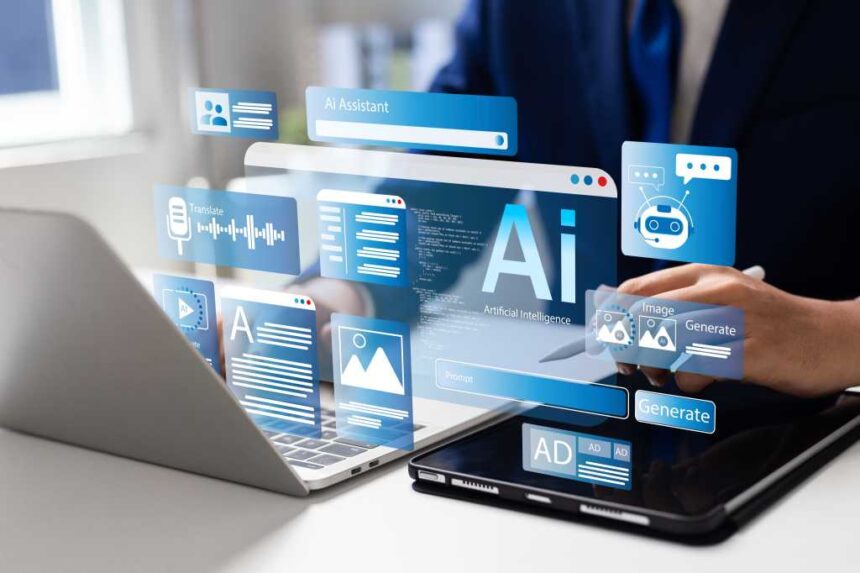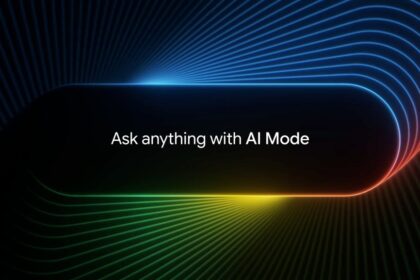- Higher up-front cost: Because they incorporate specialized hardware (NPUs) and have higher memory and power requirements, AI PCs are generally more expensive than regular PCs (even if they save on cloud costs in the long-run).
- Increased technical knowledge: Users well-versed with everyday PCs might struggle to use built-in AI features at first, requiring more training resources. Also, more advanced technical knowledge is required to train AI models and develop applications. Further, genAI is still in its early phases, so enterprise leaders have many concerns about AI misuse (whether unintentional or not).
- Not-yet proven business use cases beyond nifty gadgets: There has yet to be that “killer app” for AI PCs that make them a must-have across enterprises. If a business’s primary computing requirements are everyday tasks — think email, web searching, simple data processing — AI PCs may be too much muscle, making the increased cost difficult to justify.
While the question of whether you need an AI PC might be relevant now, that won’t be the case for much longer. “The debate has moved from speculating which PCs might include AI functionality,to the expectation that most PCs will eventually integrate AI NPU capabilities,” Ranjit Atwal, senior director analyst at Gartner, said last September. “As a result, NPU will become a standard feature for PC vendors.”
Gartner forecasts AI PCs will represent 43% of all PC shipments by the end of the year, up from 17% in 2024. The demand for AI laptops is projected to be higher than that of AI desktops, with shipments of AI laptops to account for 51% of total laptops in 2025.
AI PCs – what’s there to think about?
AI PCs represent the next generation of computing, and experts predict they will soon be the only choice of laptop available to large businesses looking to refresh. But they are still in their early proving phases, and IT buyers have important considerations to keep in mind when it comes to cost, relevance and necessity.
Read the full article here










